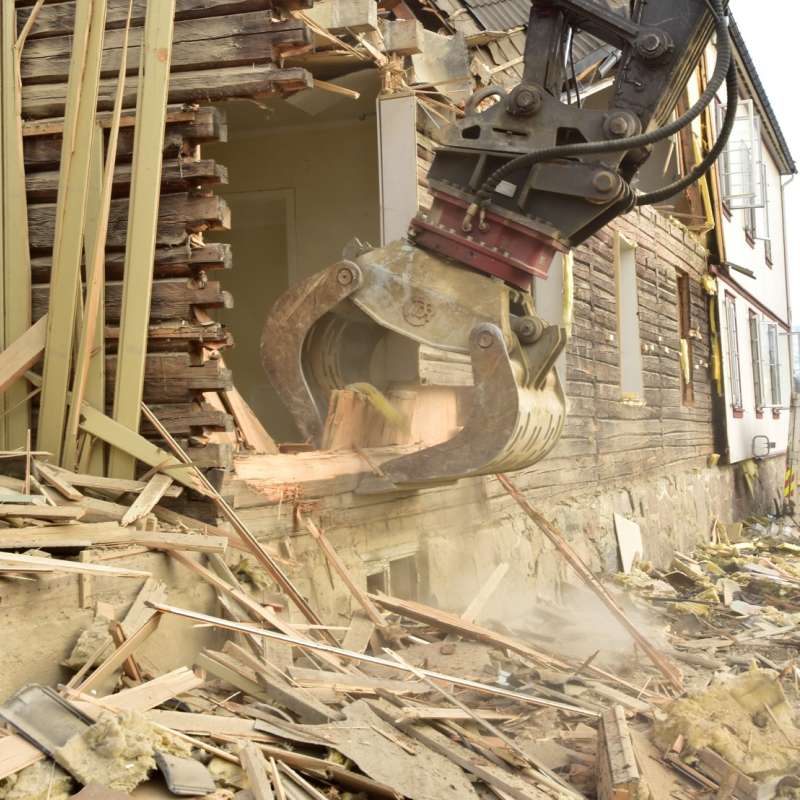Kathrine Torday Gulden
Senior Adviser
(+47) 452 98 104
kathrine-torday.gulden@nibio.no
Place
Oslo
Visiting address
Schweigaards gate 34E, 0191 Oslo
Biography
Science Communicator specialised in NIBIO's fields, among others environmental studies, climate, natural resources, biodiversity, and circular economy. Kathrine engages in popular scientific dissemination through news articles, videos, opinion pieces, photography, graphics, and podcasts. Her role encompasses national and international project communications, social media management, media training, design/layout, translation and more.
In addition to a master's degree in Cultural Studies from the University of Bergen (UiB), Kathrine has studied digital communication and design at Oslo Metropolitan University (OsloMet), and animal science at the Norwegian University of Life Sciences (formerly NLH, now NMBU).
Her prior employment includes positions at Bioforsk, OsloMet, the University of Oslo (UiO), and Samviten/UiB.
Authors
Hege Ulfeng John Olav Oldertrøen Kathrine Torday Gulden Lars Sandved Dalen Liv Jorunn Hind Silje Kvist Simonsen Siri Elise Dybdal Georg Mathisen Janne Karin Brodin Janne Nordlund Othén Wenche Aale HægermarkEditors
Camilla BaumannAbstract
I Grønn kunnskap 2025 presenterer NIBIO et lite utvalg fra vår forskning og kunnskapsutvikling innen jordbruk, skogbruk, miljø, naturressurser og bioøkonomi. Rapporten viser hvordan forskning, data og analyse bidrar til bærekraftige løsninger for samfunn, forvaltning og næringsliv – i Norge og internasjonalt.
Abstract
No abstract has been registered
Abstract
No abstract has been registered

